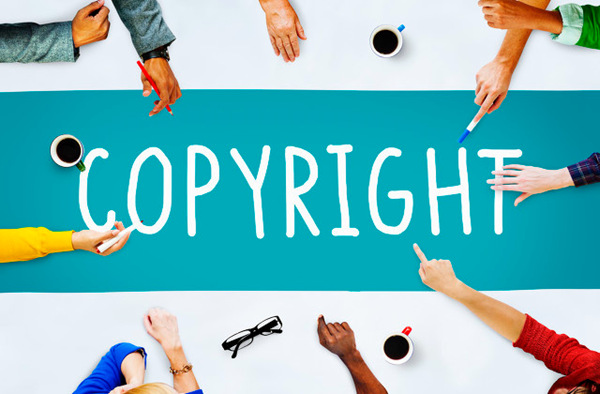USACongress introduced a bill on Tuesdaybill, which aims to force artificial intelligence companies to reveal the copyrighted materials they use to train generative AI models. The legislation furthers efforts by lawmakers, news organizations and artists to determine how AI companies use creative works such as songs, visual art, books and movies to train their software and whether the companies are illegally infringing copyright.
California Democratic Congressman Adam Schiff introduced the bill, called the Generative AI Copyright Disclosure Act, which would require AI companies to submit any copyrighted works in their training datasets to the Copyright Office before releasing new generative AI systems that generate text, images, music, or videos based on user prompts. The bill would require companies to submit these documents at least 30 days before publicly releasing their AI tools or face financial penalties. These datasets contain billions of lines of text and images, or millions of hours of music and movies.

"Artificial intelligence has disruptive potential that could transform our economies, political systems, and daily lives. We must balance the enormous potential of AI with the urgent need for ethical guidelines and protections," Schiff said in a statement.
The question of whether major AI companies are illegally using copyrighted works has increasingly become a focus of lawsuits and government investigations. Schiff’s bill does not prohibit AI from being trained using copyrighted material, but would require companies to list the extensive works they use to build tools like ChatGPT, data that is often kept secret.
Schiff's bill has the support of many entertainment industry organizations and unions, including the Recording Industry Association of America, the Professional Cinematographers Society of America, the Directors Guild of America and the American Guild of Television and Radio Artists. "All content generated by AI ultimately comes from human creators. That's why human-generated content - intellectual property - must be protected," said Duncan Crabtree-Irish, national executive director and chief negotiator of the Screen Actors Guild.
Well-known artificial intelligence company OpenAI is facing a lawsuit for allegedly using copyrighted works to build tools such as ChatGPT. Both Sarah Silverman and The New York Times have filed copyright infringement lawsuits against the startup. According to The Washington Post, OpenAI has hired a large number oftop notchAttorney for more than a dozen major lawsuits.
OpenAI and other AI companies have denied allegations of illegal behavior and claim that their use of copyrighted works complies with the fair use doctrine, a legal principle that permits certain unlicensed uses of copyrighted material under certain conditions. The legal strategy poses a major test of copyright law, and the outcome could affect the livelihoods of artists or OpenAI’s economic base. “Legally, copyright law does not prohibit training,” OpenAI said in a submission to a U.K. government committee earlier this year. OpenAI also said in that submission that its tools would not function properly without access to copyrighted works.
As generative AI companies expand the capabilities of their tools, entertainment industry workers have begun to protest the technology and its potential threat to artists’ rights. Last week, a group of more than 200 well-known music artists released an open letter calling for stronger protections for AI and asking companies not to develop tools that could undermine or replace musicians and songwriters.